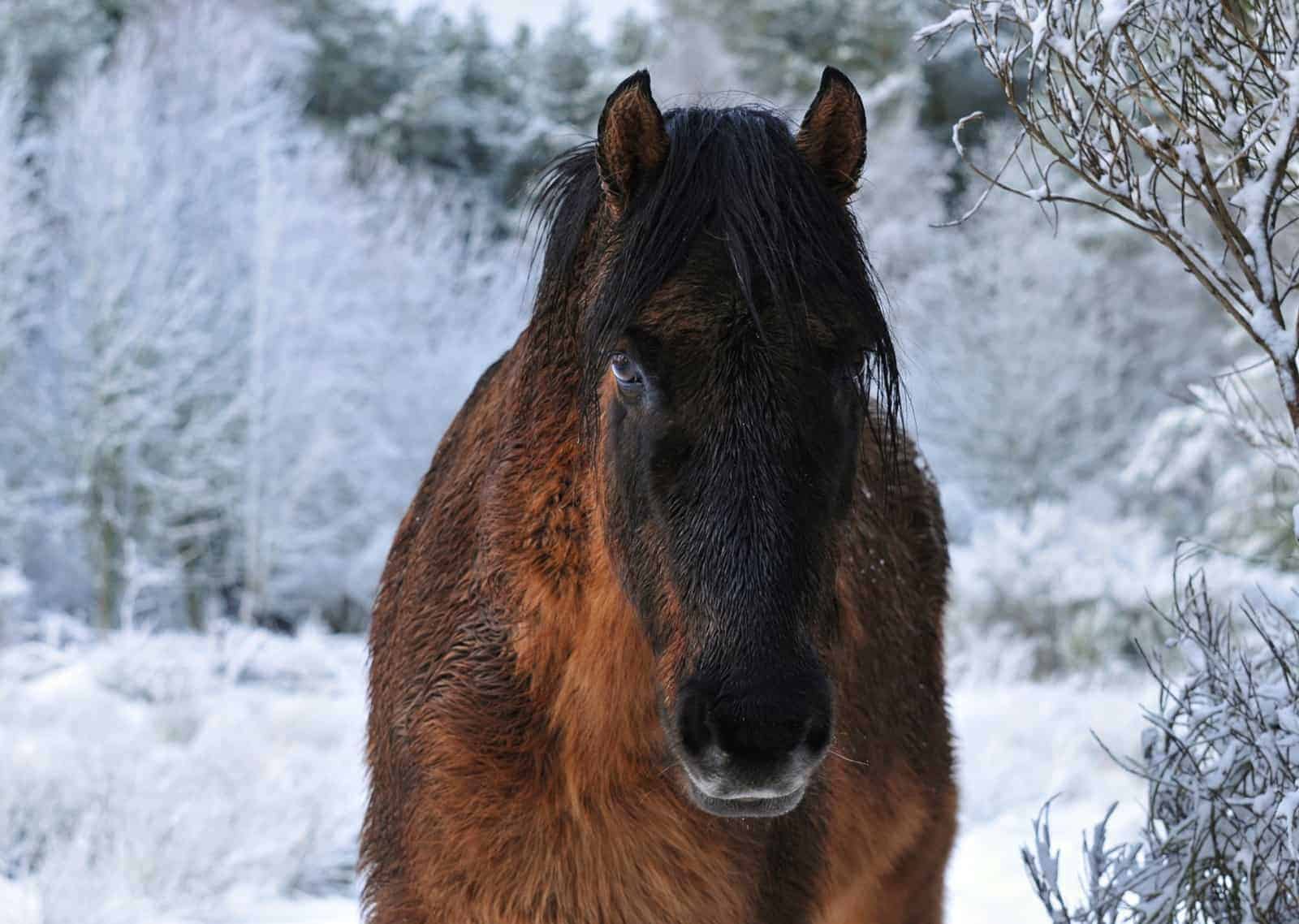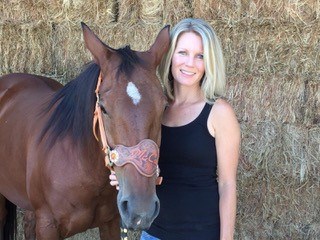Study: Age Affects Equine Glucose, Insulin Responses

To close this information gap, an international team of researchers recently set out to evaluate different diets’ effects on glucose and insulin levels in healthy adult and aged horses. Additionally, they sought to determine the short-term glycemic and insulinemic responses to meal consumption for each diet.
The research team assigned eight adult (5 to 13 years) and eight aged (18 to 24 years) Thoroughbreds and Standardbreds to one of four seven-week feeding treatments before rotating them through all treatments:
- Control: restricted starch and sugar fortified pellets;
- Starch: smaller portion of Control + kibbled corn;
- Sugar: smaller portion of Control + dextrose powder; and
- Fiber: smaller portion of Control + unmolassed sugar beet pulp/soybean hull pellets.
“Nonobese horses were used to eliminate obesity as a factor that might change the results,” noted lead researcher Sarah Jacob, a PhD candidate at Michigan State University, in East Lansing
Create a free account with TheHorse.com to view this content.
TheHorse.com is home to thousands of free articles about horse health care. In order to access some of our exclusive free content, you must be signed into TheHorse.com.
Start your free account today!
Already have an account?
and continue reading.

Written by:
Casie Bazay, NBCAAM
Related Articles
Stay on top of the most recent Horse Health news with















